Drylok vs XYPEX vs Damtite
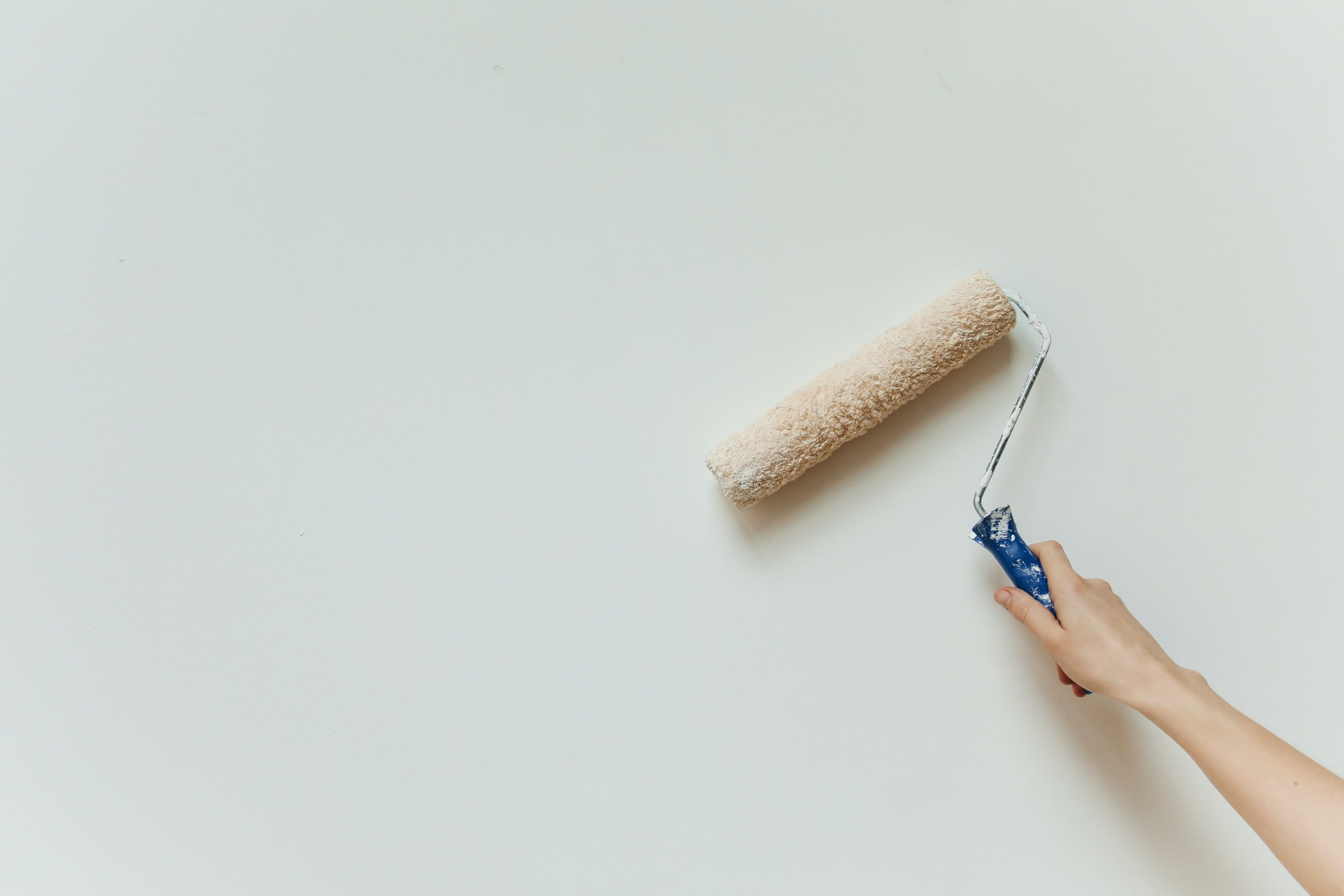

Brian Jeffries
Brian Jeffries, a seasoned BPA Advisor. Brian is dedicated to sharing his wealth of knowledge on construction projects and materials. With a focus on architecture and building envelopes, Brian contributes valuable insights that shape the discourse around innovative construction practices and materials.
If you're looking for waterproofing solutions, chances are, you'll notice that you have many options to choose from. You can check multiple home improvement web shops or even walk down the aisles at your local store, and your eyes will be met with many brands and materials that promise the same thing: to protect and waterproof your concrete.
However, it's best to know that these brands and materials are not created equally, as some can do the job much better than others. So, when it comes to Drylok vs. XYPEX vs. Damtite, which of these are going to be best for your project? We know it can be tough to figure out which is best for your project, but we're here to help you!
Drylok vs. XYPEX vs. Damtite: Types of Projects
When it comes to these three brands, there are a lot of similarities, but it also helps to get a general idea of the types of projects each is best suited for. This way, it can help in narrowing down what's best for you!
Drylok
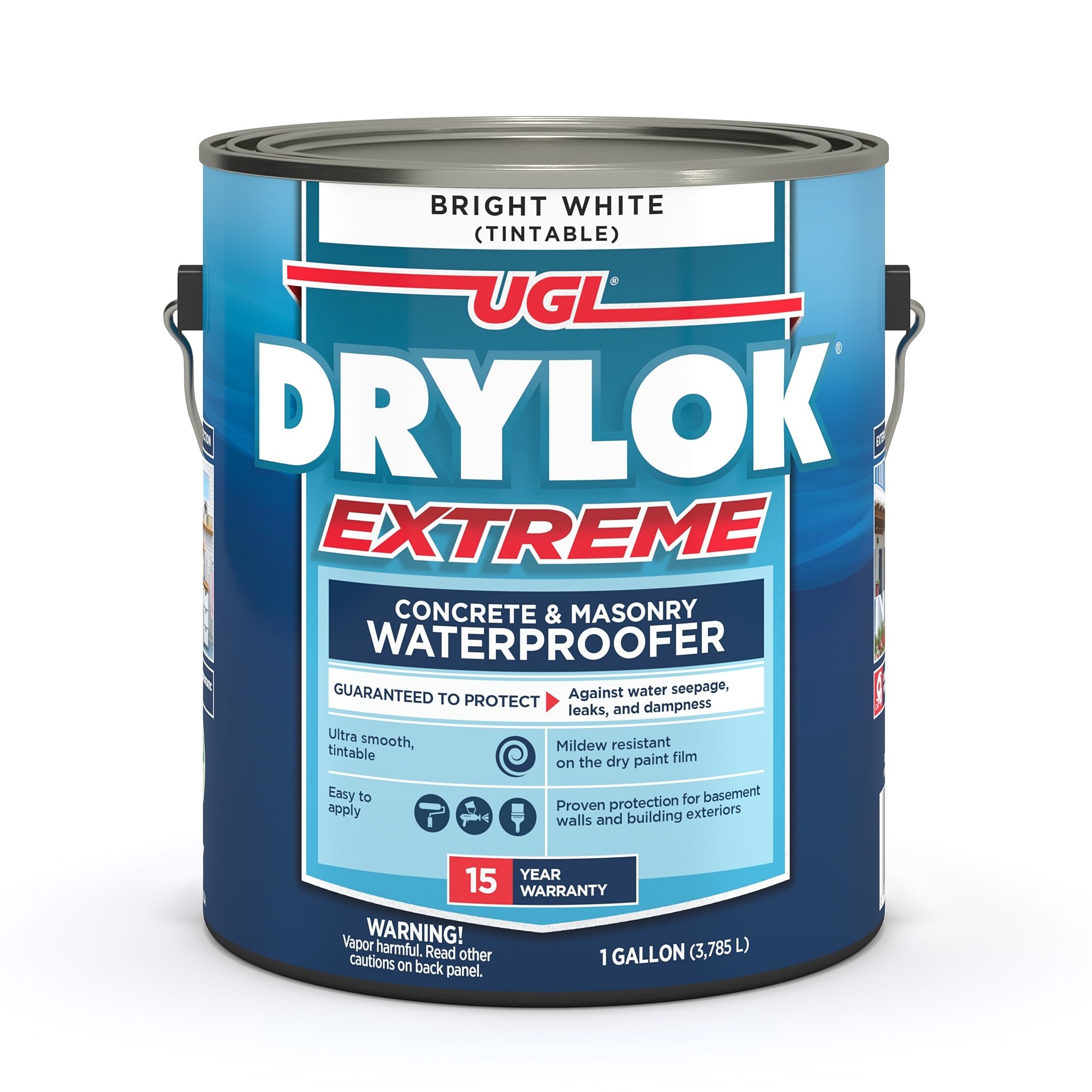
- Swimming pools
- Gardening
- Bird baths, ponds, and fountains
- Crafts, art, and décor
- Outdoor fire pits, grills, and pizza ovens
XYPEX
- Gardening for water-based plants
- Dams and reservoirs
- Pools and fountains
- Agricultural silos
- Parking structures
Damtite
- Exterior living spaces such as patios and outdoor kitchens
- Water features, such as pools and ponds
- Gardening
- Interior spaces (basement, garage, shed, etc.)
Drylok vs XYPEX vs Damtite: Advantages & Disadvantages
Drylok
Advantages
- Perfect for a first-time DIY'er
- Easy to find
- Reliable brand
Disadvantages
- Moisture can force its way through the cement, leading to flaking
- Still need to check for efflorescence before application
- Not intended for floors
XYPEX
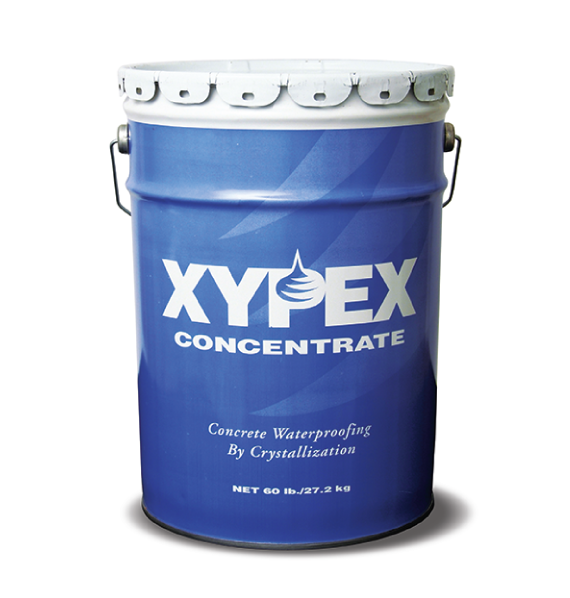
Advantages
- The crystalline Xypex waterproofing system provides an application advantage over traditional barrier products.
- A dry surface isn't required, but a wet surface is
- Dry weather isn't needed for the application
- Leveling or priming is not needed
Disadvantages
- Limited breathability in the concrete
- Product not affected when applied against hydrostatic pressure
Damtite
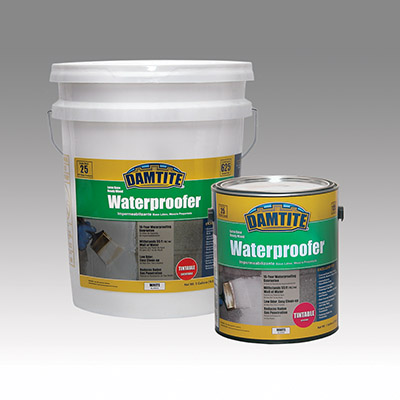
Advantages
- No corrosion
- Perfect for maintenance repair
- Ideal for salt-water environments such as coastal regions and islands
Disadvantages
- Unable to use on frozen surfaces and cannot be utilized in temperatures under 48 F
- Sets quickly will need to use within 10 minutes
- Most expensive option
Drylok vs. XYPEX vs. Damtite: What are the Main Differences?
It's quite apparent that when it comes to Drylok vs. XYPEX vs. Damtite, each of these will have its own competitive advantage. So let's check out some of the main differences between these three.
Coverage
When it comes to Drylock, this brand recommends the user apply 75-square feet per gallon for the first coat and up to 125-square feet per gallon for each successive coat. If you have a large space that's 1,000 square feet, such as a basement) then you can expect this to require more than ten gallons. Needless to say, the cost can add up quickly. On the other hand, the Damtite waterproofer can offer 280-square feet of coverage in its 21-pound tub. As for XYPEX, the coverage rate for each cost is 6 to 7.2 per square foot.
Versatility
If you need the application for your floor, you can immediately remove Drylok from the competition, as it is not intended for use in floods. On the other hand, if you need a waterproofer that can be used for multiple projects, whether it be the walls, flooring, or other projects, then the versatility of XYPEX and Damtite would be the best decision, as they're both equal. However, if you're looking for something that can help strictly in maintenance repairs, then Damtite will be your best bet.
Warranty
Before making any large purchases, it's best to look into each product's warranty first. For example, Drylok offers a 15-year warranty on their coating, but this warranty only extends to its specific purpose and nothing beyond that. So, you could find yourself limited to the warranty for this product. Like Drylock, you'll find that Damtite also has a 15-year warranty, which only extends to its sole purpose. Meanwhile, XYPEX offers a ten-year warranty that excludes leaks and defects beyond the installer's control.
Cost
Each of these brands has a different way of presenting cost. Drylock is sold by the gallon, while XYPEX and Damtite are sold based on weight. There is no denying that XYPEX is the more expensive option out of the three. However, when you're comparing the prices per gallon, Drylok will be the much cheaper option, as it's sold for under $25. Plus, you'll need to keep in mind the amount of space you're covering and the number of coats you need. Sure, while XYPEX and Damtite may have a higher upfront cost, depending on the scale of your project, these could be the cheaper options.
Mold
If you're looking into waterproofing your home, such as a basement, you will need to pay close attention to this. When it comes to mold resistance, these three brands are not created equally. Damtite puts a strong emphasis on eliminating mold and mildew in living spaces. While Drylock doesn't directly create a breeding ground for mold, it's not the strongest at mold prevention. On the other hand, XYPEX is highly resistant to extreme hydrostatic pressure, which can give it the upper hand in preventing mold.
Drylok vs. XYPEX vs. Damtite: Which Should You Choose?
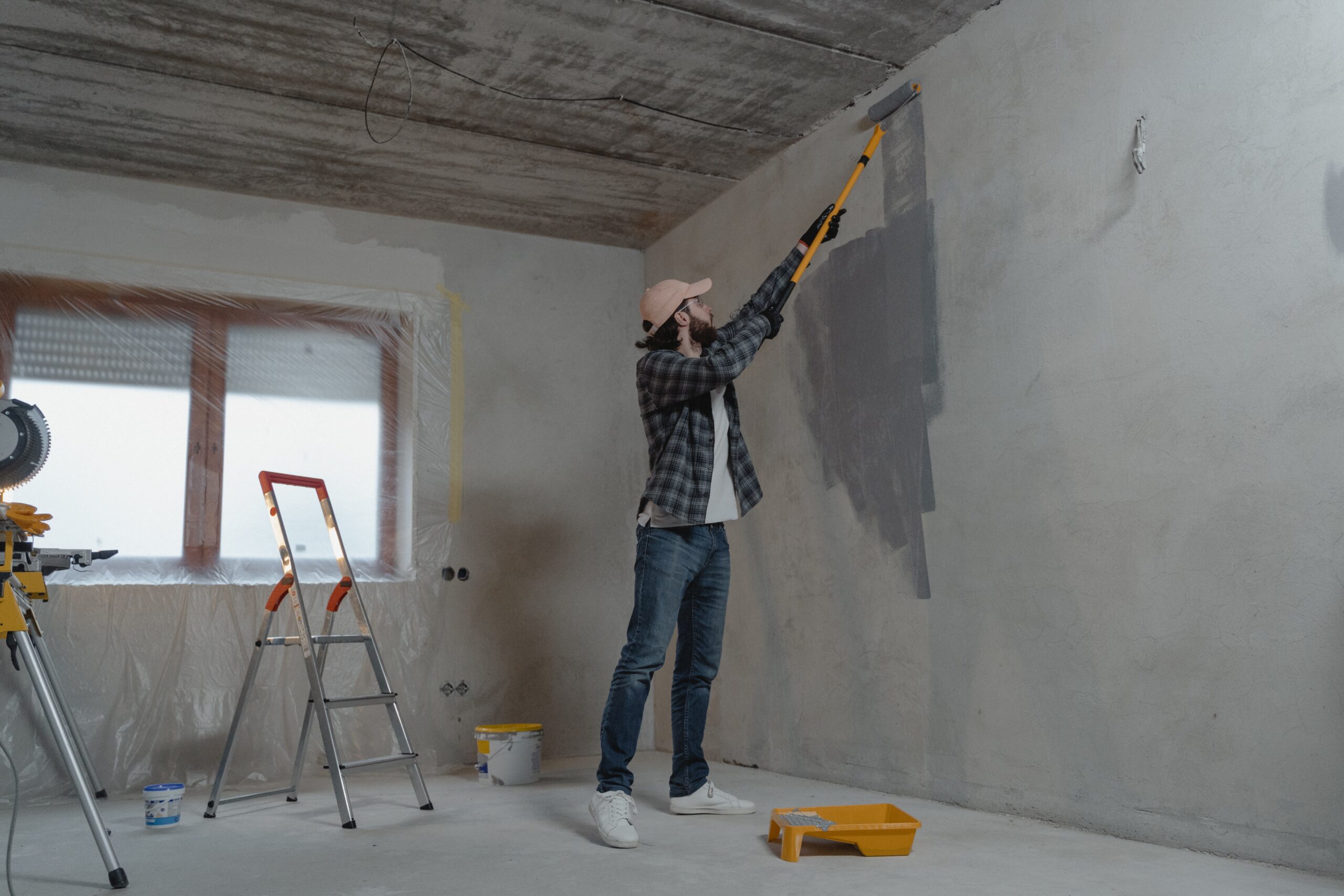
It can be challenging to figure out the best waterproofer for your project. If you're not a professional, then this can be a struggle. But in short, it's all going to depend on your project, your budget, time, and how many people are taking on the project. Each of these brands is going to have their own positives and negatives based on the project at hand.
Get Smarter About Building Products
Join 50,000+ subscribers and get our 3 min daily newsletter on what matters in the building materials industry.
You might like this


Edgecomb Gray vs Revere Pewter: Greige Color Showdown
When it comes to the battle of Edgecomb Gray vs Revere Pewter, these two popular paint colors from Benjamin Moore offer unique characteristics that make them both highly sought-after choices for interior and exterior applications. In this in-depth analysis, we will explore the subtle differences between Edgecomb Gray and Revere Pewter, as well as their […]
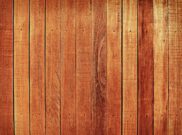

Lifetime Steel Post vs PostMaster Fencing: In-Depth Guide
When it comes to fencing, the choice between Lifetime Steel Post and PostMaster Fencing can be a challenging decision for both DIYers and professional builders. In this blog post, we will dive deep into the features and styles of these two popular fence posts options. Lifetime Steel Post Features and Styles The Lifetime Steel Posts […]
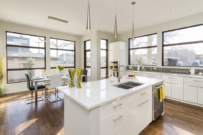

Sunrise Windows vs Andersen: Comparing Quality & Efficiency
When it comes to choosing the right replacement windows for your home or construction project, Sunrise Windows and Andersen are two leading contenders in the market. Both companies offer a variety of window options with distinct features and benefits that cater to different needs and preferences. In this comprehensive comparison between Sunrise Windows vs Andersen, […]